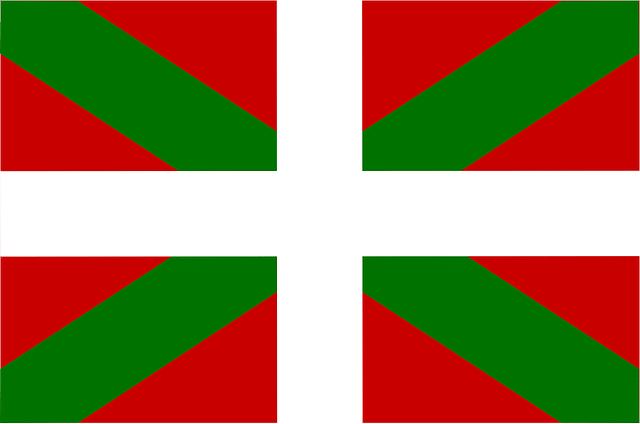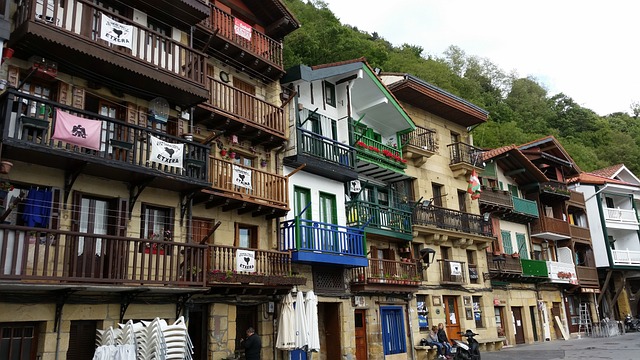
ANV is the acronym for Basque Nationalist Action, a political movement in the Basque Country.
ANV is the acronym that corresponds to and identifies the Basque Nationalist Action ( Eusko Abertzale Ekintza in Basque , its original language). It is a political party with a Basque nationalist and socialist ideology that, according to the definitions of its promoters, is part of the leftist movement, is republican and pro-independence .
Currently, its activities are interrupted by the Spanish justice system due to its alleged collaboration with Batasuna and those close to the terrorist group ETA .
Creation of the ANV
The creation of the ANV ANV took place on November 30, 1933 as a secular and progressive branch of the Basque Nationalist Party (PNV) . Its founders were a group of nationalists who wanted to change the political reality of that time. This group was firmly opposed to the merger between the Aberri party and the Basque Nationalist Communion (CNV) , the two tendencies into which the PNV was divided at that time. Anacleto Ortueta , Tomás Bilbao and Justo Gárate were some of the founding members of ANV , whose meetings were held in one of the offices of the evening newspaper "La Fácil" which was located in the Old Town of the city.
For the foundation they made a manifesto that they called "Manifesto of Saint Andrew" (since it was celebrated on this saint's day). In this document they expressed their commitment to the Basque Country , reaffirming rights such as private property, freely deciding about one's personal future, accepting those who recognized the Basque differential fact, combating those problems that led to the unequal distribution of wealth, wherever it occurred. equal importance to individual and collective rights , in a democratic environment.
This political group is considered the first of all Basque parties to recognize itself as left-wing nationalist. In the elections of February 1936 he joined the Popular Front candidacy and, later, was part of the government of the Spanish Republic .

The ANV went through various stages throughout its history.
Situation during the Franco regime
The situation during the ANV under Franco was complicated since the members of the party were condemned to exile , however its members continued to meet clandestinely. The ANV had only been in existence for six years at that time and this blow was quite significant, condemning it to political ostracism, as happened with several political groups in the Basque Country .
After the fall of Francisco Franco , it was established as a political party, with headquarters in Bermeo . In the democratic elections of 1977 he participated in the districts of Guipúzcoa and Vizcaya , receiving less than 1% of the votes.
The ANV and Herri Batasuna
Starting in 1978, he became a fundamental piece of the Herri Batasuna , a Basque coalition with independence and socialist ideas that was formed by the ESB (Eusko Sozialista Biltzarrea) , the HASI (Alderdi Sozialista Iraultzailea) and the LAIA (Langile Abertzale Iraultzaileen Alderdia). ) , among others. Since then he collaborated with the reconversion of Herri Batasuna into Batasuna and was one of the fundamental pieces of this movement.
Some years later ANV separated from Herri Batasuna when said movement was simply called Batasuna and abandoned most of its fundamental principles. This fact meant a great change in the Basque independence environment and allowed the Basque people to cling to the idea that another nationalist left was possible.
Finally, it should be noted that on February 8, 2008 , Judge Baltasar Garzón suspended ANV for three years , meaning the party could no longer run in elections. Garzón also charged three of its leaders for alleged collaboration with ETA .
